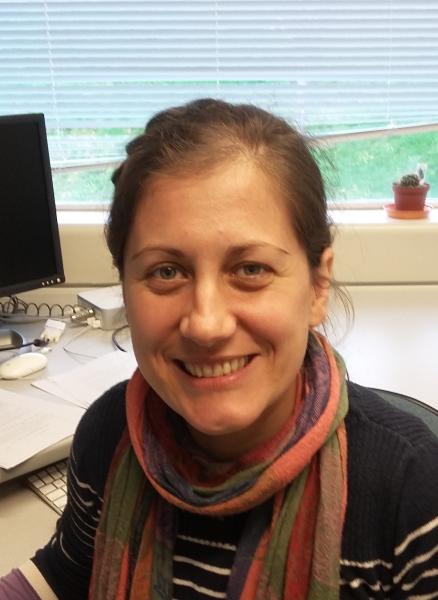Date & Time
Location
Offered by
Registration Closed / Past Event
In this webinar we will introduce the importance of reproducible research, as well as give a historical overview on the beginnings of reproducible research. Once we introduce benefits and elements of reproducibility, we will discuss the most common pitfalls and guide ways toward reproducibility.
In this webinar you will learn about:
- Replication versus reproducibility
- History of reproducibility
- The benefits of reproducible research
- Steps towards reproducibility
- Elements of reproducibility
- Potential pitfalls of reproducible research
- Basics of the reproducible research tools
- Demos
This webinar series was made possible via joint collaboration between Faculty of Science (FOS), Applied Statistics and Data Science Group (ASDa) and Graduate Pathways for Success Program (GPS), funded by the FOS Strategic Innovation Fund, GPS, ASDa and Ecoscope.
The complexity of studies and data has significantly increased with greater accessibility to heavy computing power. Reproducible workflows of statistical analyses lead to improved transparency, reliable research findings and improved efficiency. Reproducible analysis allows the peer reviewers to promptly assess the robustness of the results, especially when decisions need to be made quickly. Furthermore, reproducible research can prevent scientists from encountering “dead-ends” and false positive results, which ultimately leads to more reliable results.
This series of four 2-hour webinars provides an introduction of the basic concepts behind reproducible research, by pointing out its importance in producing reliable results. In addition, we will introduce reproducible research tools such as automatic version control and collaboration tools such as Git and GitLab respectively. The webinar series will conclude with a session on building interactive web dashboards with Shiny.
Each webinar is a self-contained introduction, but as topics become increasingly complex with each consecutive webinar, some aspects will be built on concepts taught in the previous sessions. Hence, there is benefit in attending all the webinars in this series.
If you are a graduate student and have questions about your specific project, please see the SOS Program to book a one-hour free statistical consultation.
ABOUT ASDA
The Applied Statistics and Data Science Group (ASDa) in the UBC Department of Statistics provides statistical consulting services and participates in collaborative research. ASDa expertise includes problem formulation, translation of research questions into testable statistical hypotheses, design of experiments and sampling plans for surveys, the choice and explanation of statistical methodology, statistical computing and graphics, the interpretation of findings and more. ASDa also plays an active role in continuing education on and off the UBC campus, giving seminars, webinars, hands-on workshops and courses on statistical concepts and methodologies to various departments, research groups and at teaching hospitals.
Facilitator
Dr. Biljana Jonoska Stojkova
Biljana Jonoska Stojkova, PhD, is a Senior Statistical Consultant with ASDa, participating in collaborative research, providing statistical consulting services and tailored education on statistical concepts and analytics tools on and off campus, as well as participating in collaborative research. She completed her PhD in Statistics at SFU in 2017, where she focused on developing Bayesian algorithms and methods for multi-modal posterior spaces, which were applied to differential equation models, mixture Gaussian models, epidemiological and ecological models. In the previous roles she has gained experience with probabilistic models to determine different patterns of user behavior from chat messages, with development of relational databases and with machine learning algorithms such as supervised and unsupervised learning. In her consulting role Biljana continues to strengthen her skills in problem formulation, study design, grant proposal development, analysis and implementation, and continued education of non-statisticians on and off the UBC campus, giving webinars, workshops and courses on statistical concepts and methodology to various departments, research groups and at teaching hospitals.
Registration Information
General registration opens on Monday, September 19th at 9:00 AM.
Priority will be given to UBC graduate students registered in the current academic session. After registering, you will receive confirmation and additional event details within 2 - 3 business days at the e-mail associated with your community.grad.ubc.ca account. If you experience any difficulty using the online registration tool, please e-mail us at graduate.pathways@ubc.ca.
Please email us if you are registered and no longer able to attend this event.
Accessibility
If you have a disability or medical condition that may affect your full participation in the event, please email graduate.pathways@ubc.ca, 604-827-4578, well in advance of the event.
